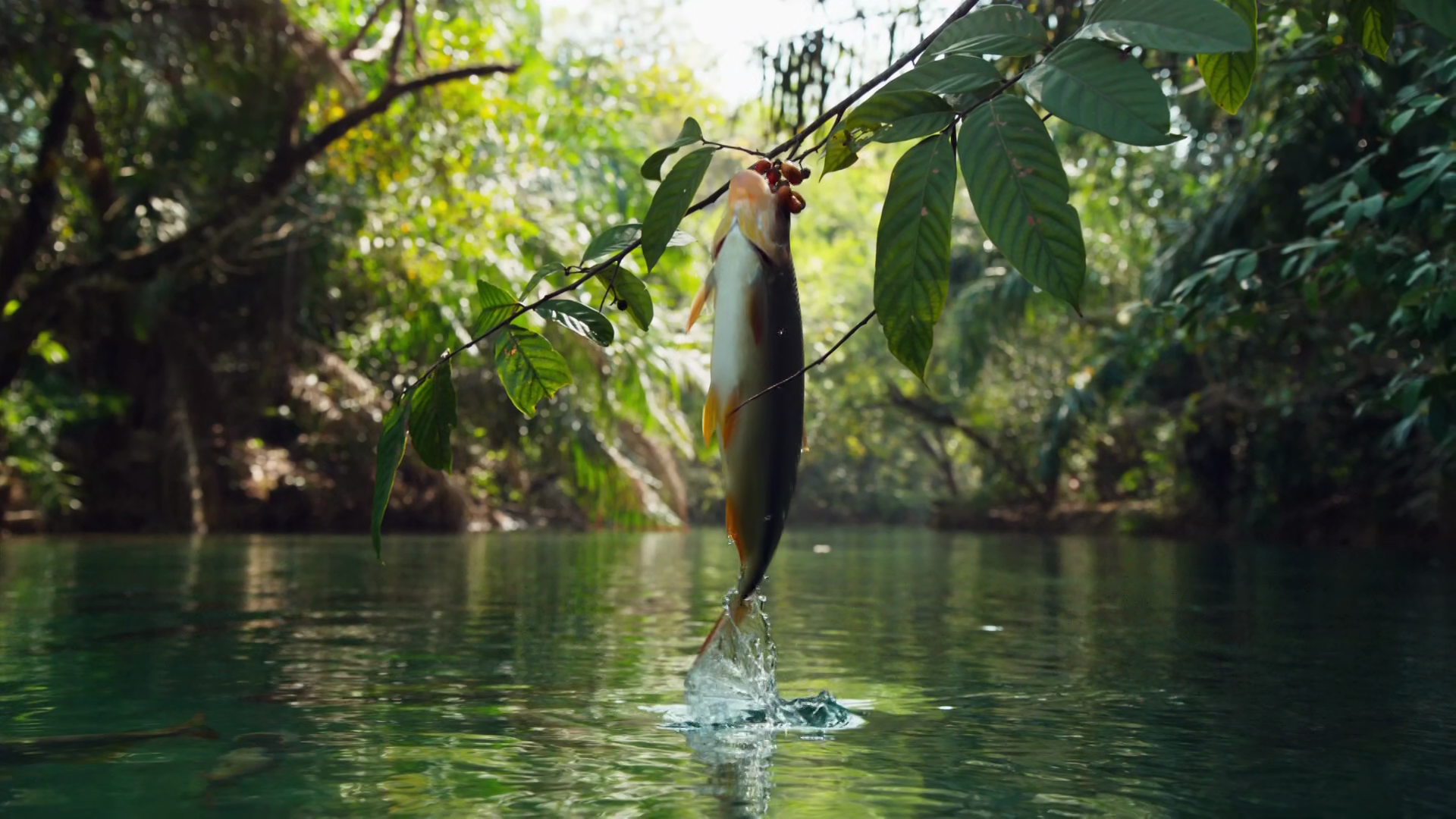The Early Years
To put the rest of the project in the right context the story has to start close to the beginning, condensing a few hundred pages from his autobiography (‘Life on Air’) and his travel journals of those days into a few lines (the briefest of accounts).
Attenborough (born David Frederick Attenborough, 8 May 1926) graduated with a degree in natural sciences (zoology and paleontology) from Cambridge University before joining BBC. He had one job in publishing after spending some time in the navy, where he was hoping to be sent to some far off
post, like Ceylon. It did not turn out that way. The reason, it seems, he took up a job in publishing instead of biology was that he did not fancy one in a laboratory. Despite a separate branch dealing with behavioural sciences having already been established it was not so widely known. When it had Attenborough had already established his career in television.
Joining BBC
Seeking a new job from his publishing one he came across an advertisement from BBC for an appointment for a talks producer. If Attenborough could not go abroad directly he might as well do it indirectly by talking with those who had, enjoying the sensation second-hand. That job went somewhere else but he got a phone call asking if he might be interested in Television, which few
people owned in those days. He got a job in television (oddly it was called talks department) but started by training as an interviewer. Much later he came across notes from those days where the administrator, Mrs Mary Adams’ notes on his performance concluded “… he is not to be used again
as an interviewer. His teeth are too big”. Nevertheless he started working for the talks department his job being to make programmes from the studio.
Television in those days had no way of recording electronically, programmes had to be aired live: If an event was to be transmitted twice it had to be performed twice. Consequently Attenborough
claims no records remained of any of his zoo quest series (no particular loss in his opinion as they were not very good) but round his 60th anniversary BBC have released a few online, available for UK users only and those enjoying such connections.
In the early 1950s the only programmes showing animals on TV were those were they had been caged for a long time before being displayed. Attenborough felt that bearing in mind that BBC should be more educational than its programmes so far had been. Sketching a three part series “Animal Patterns” (showing Camouflace, Warning Colouration and Courtship) it was agreed that Julian Huxley should present it. To provide exhibits for the series he contacted the British Museum of Natural History and the London Zoo. The curator at the British Museum was not thrilled, believing that TV was a waste of time, not realising that during the programme more people probably saw his animals than payed a visit to the museum in a year.
At the end of it Attenborough felt they could do better, people should see the animals’ in their natural surroundings. Having established contacts with the curator of reptiles, Jack Lester at London
Zoo plans were made to schedule a joint quest to an exotic place.
The plan was simple. BBC and London Zoo should mount an expedition for animal collecting. Attenborough should film sequences showing Jack search for and finally capture it ending in a close-up of the animal in his hands. This would end in a shot of the same animal live in studio where Jack would demonstrate its characteristics.
The only drawback was that the Zoo had no intention of this expedition. Nor had the BBC any plans of such highly specialised and presumably wildly expensive business of producing natural history films. Jack and Attenborough thought this obstacle could be overcome with a stage-managed lunch where executives from both parties would meet under the impression that the other had already such plan in mind. The executives left the lunch convinced they had a lot to gain from joining the other’s plans. The next day both got the go-ahead. The zoo was to mount an expedition to collect rare animals as future exhibits and BBC would along a film unit to give the zoo valuable publicity. Such trips were commonplace in those days. No one thought this supply of rare animals might ever be in danger of exhaustion.
